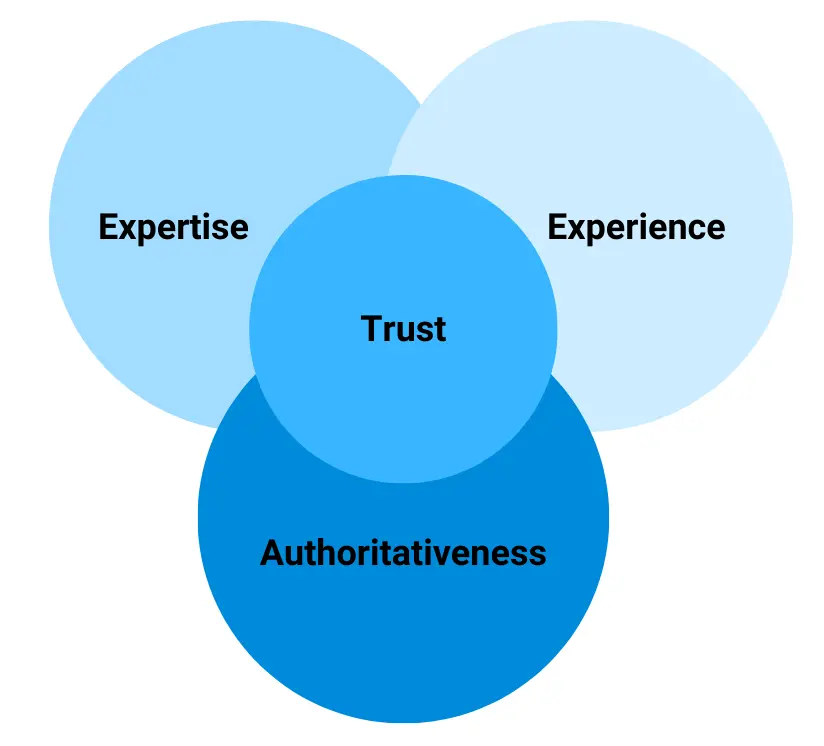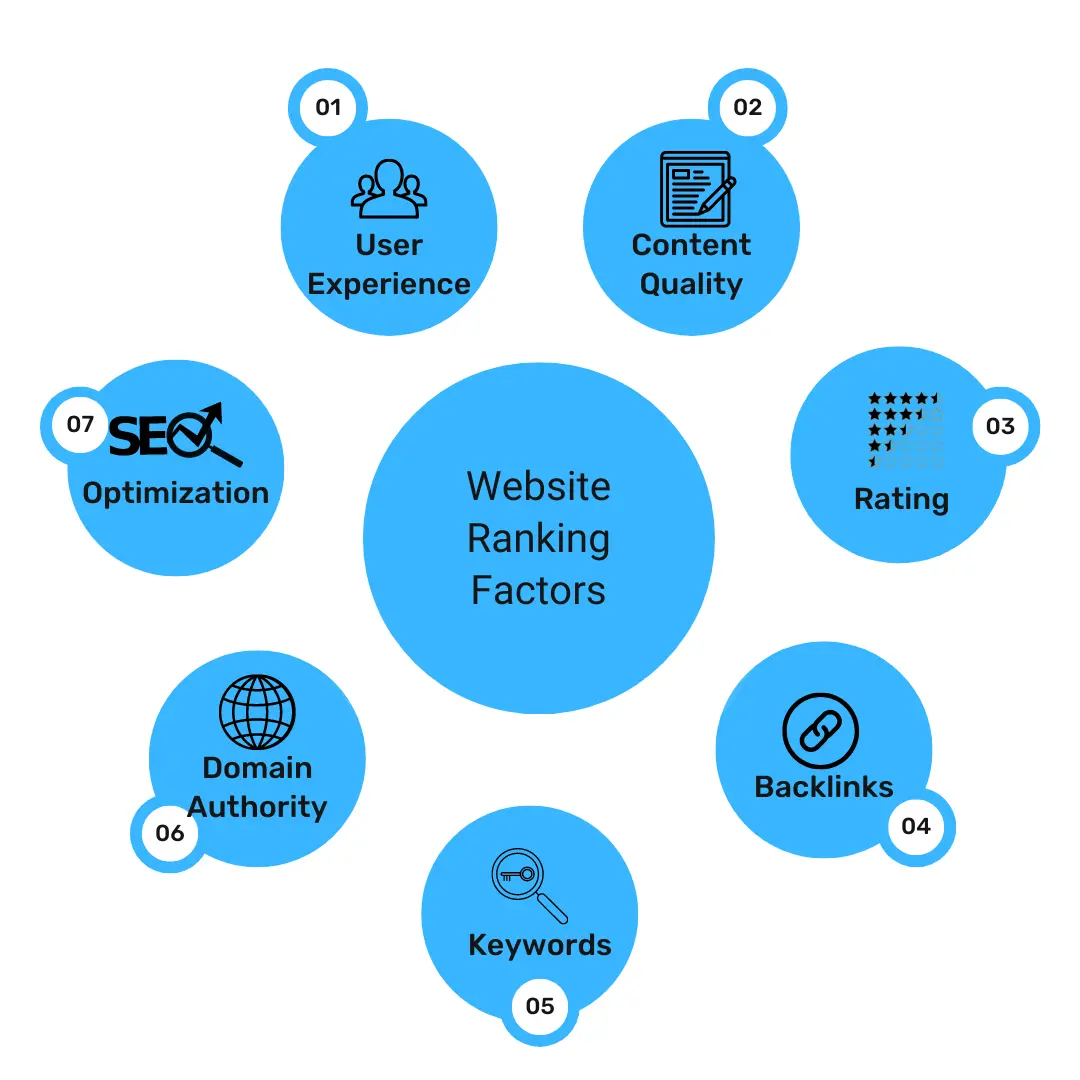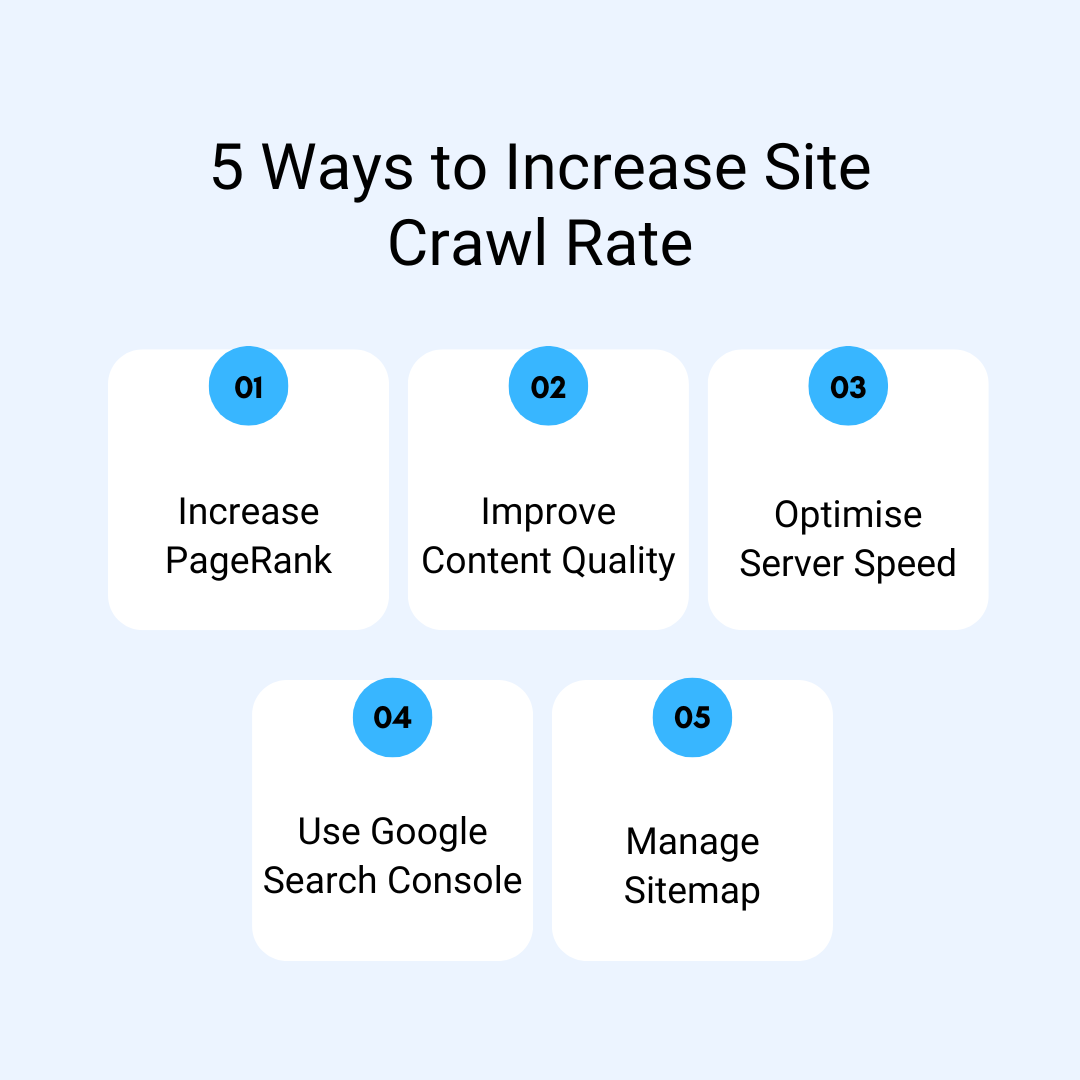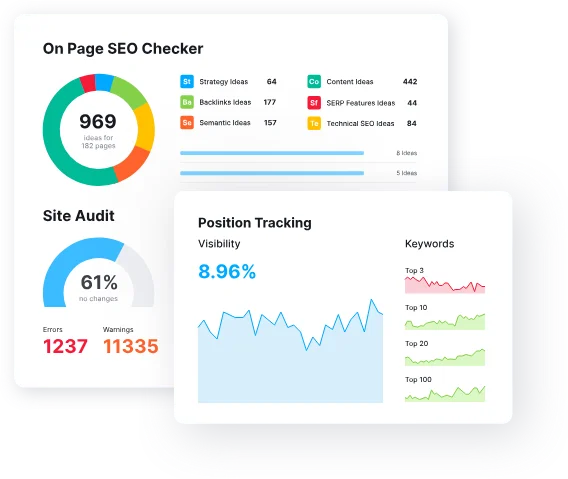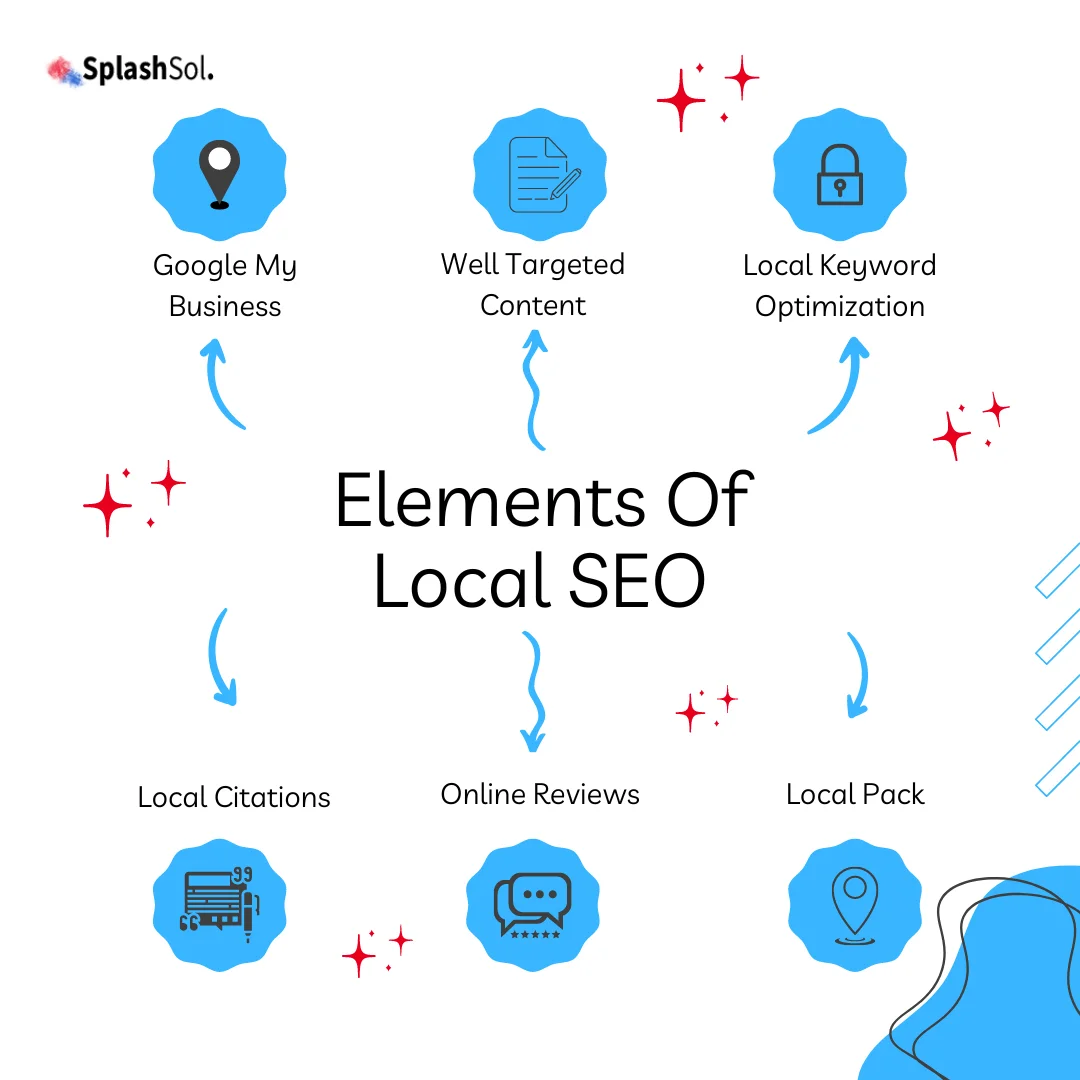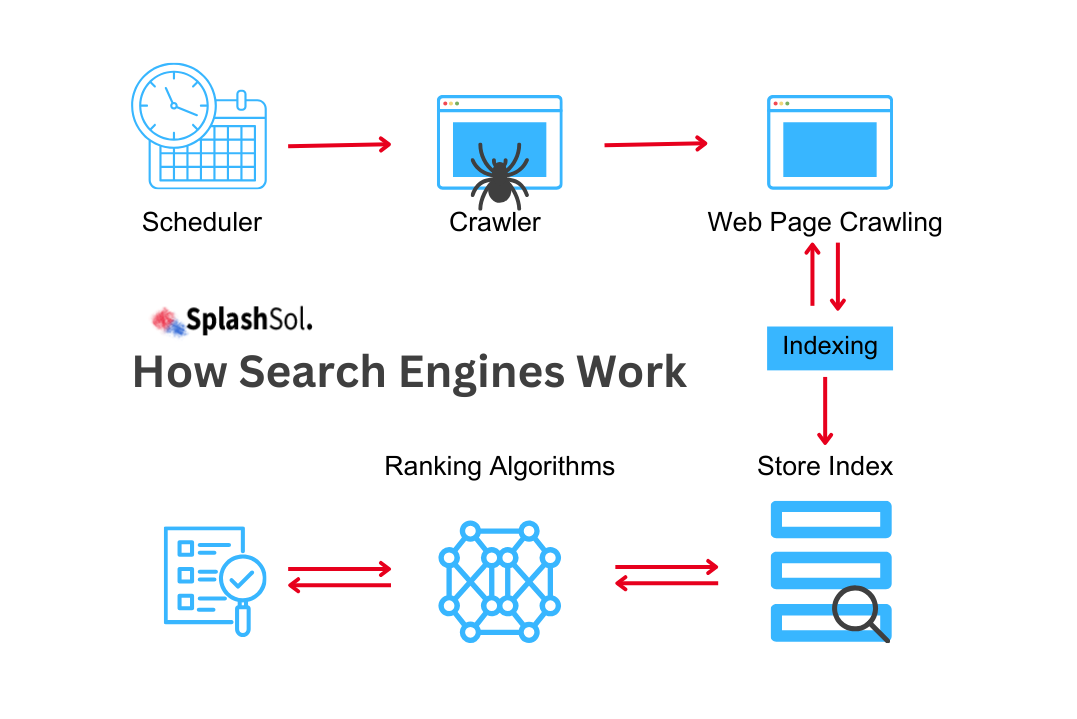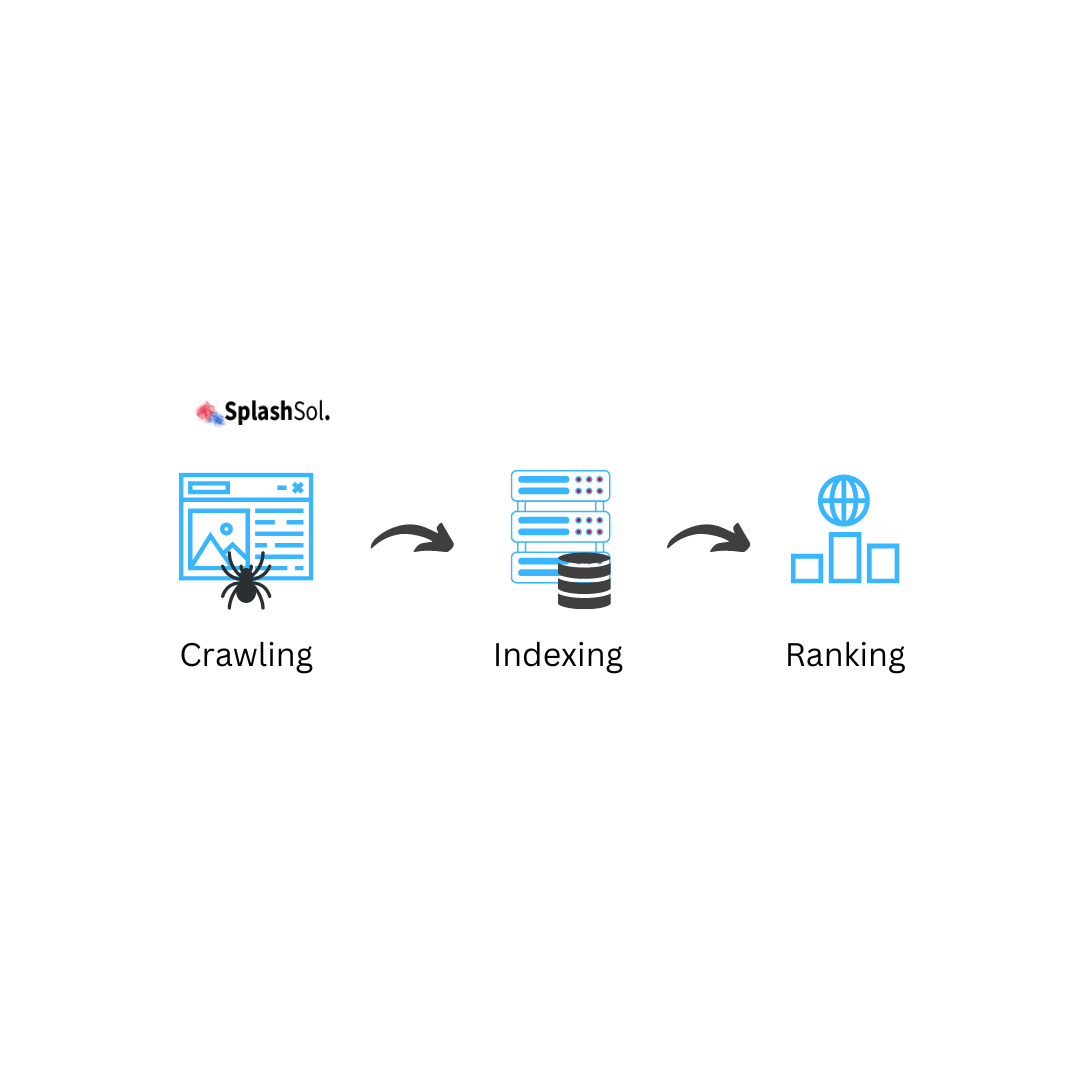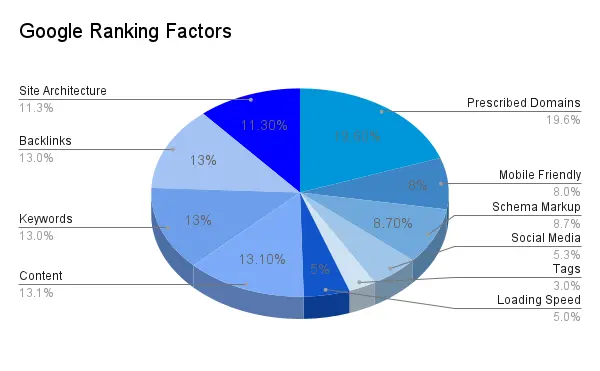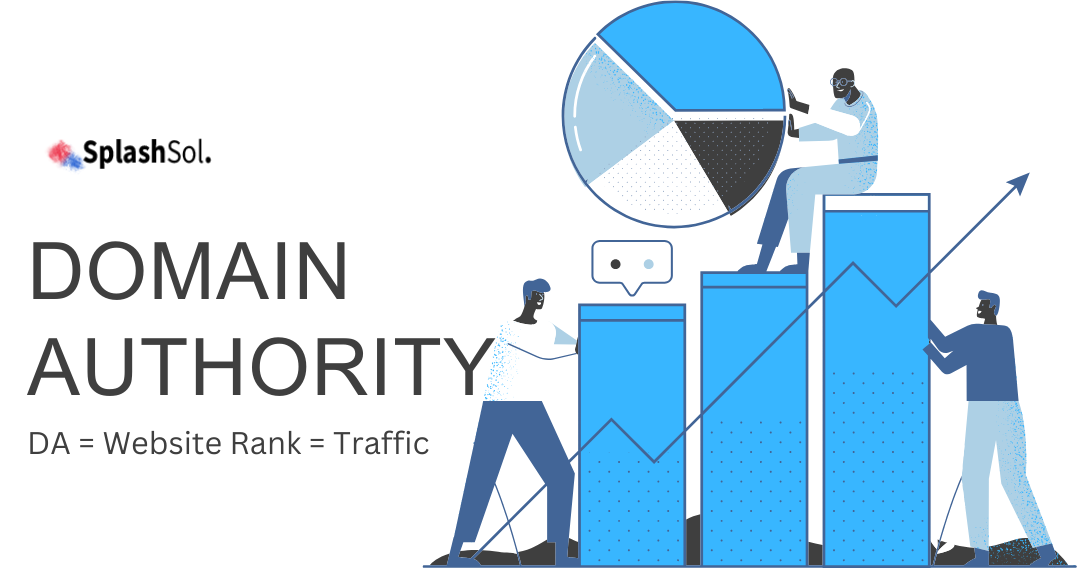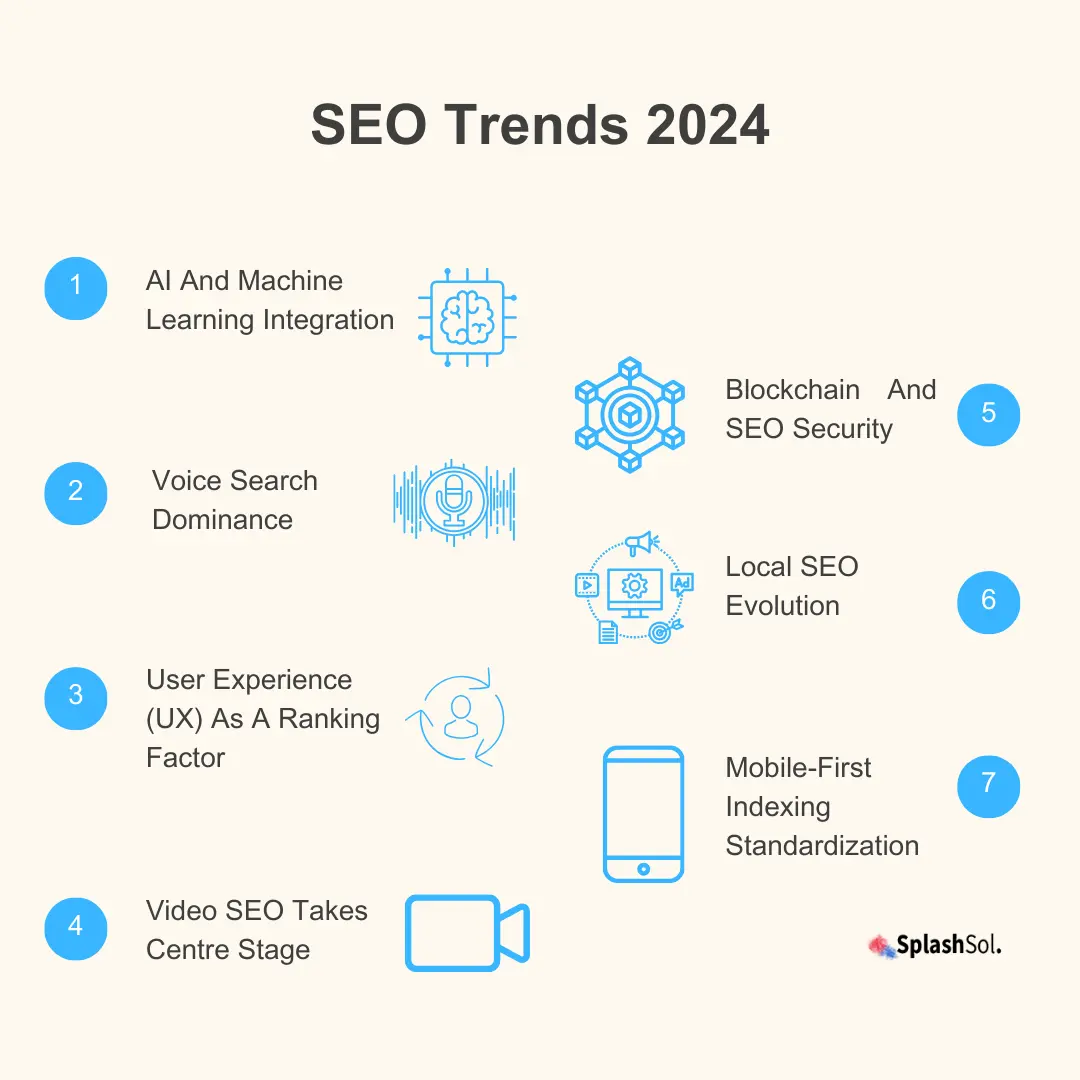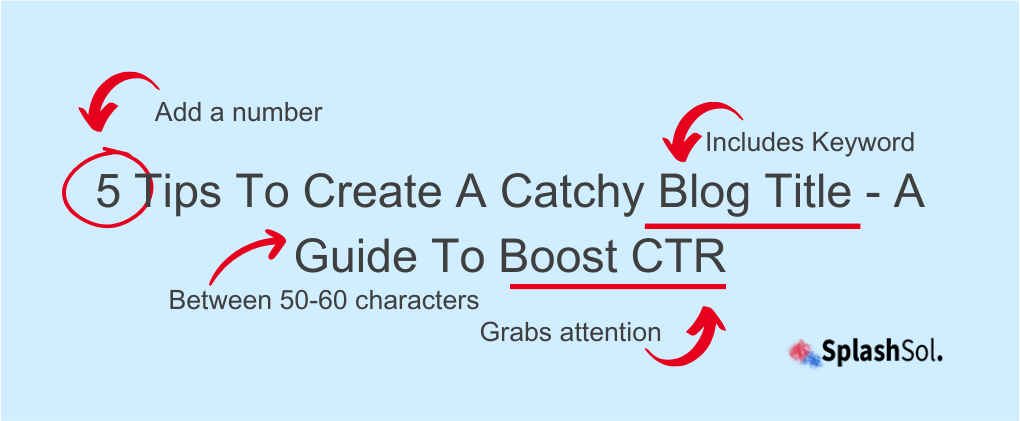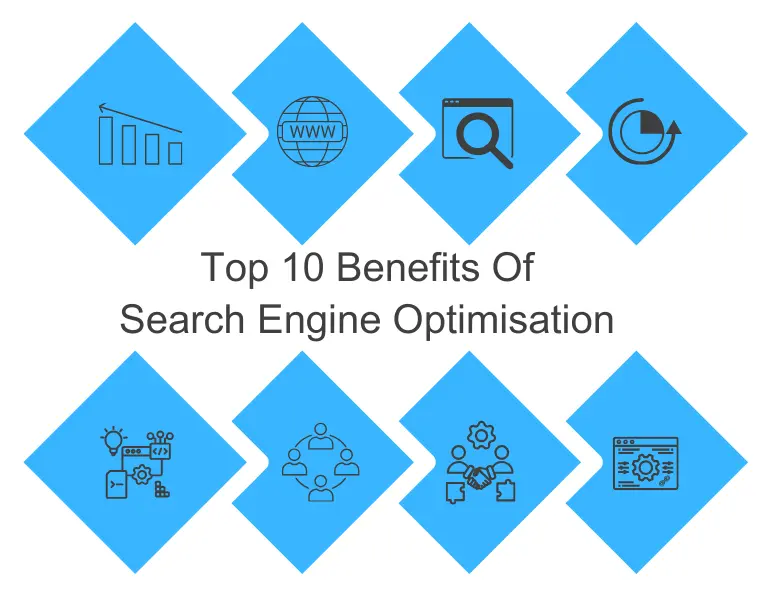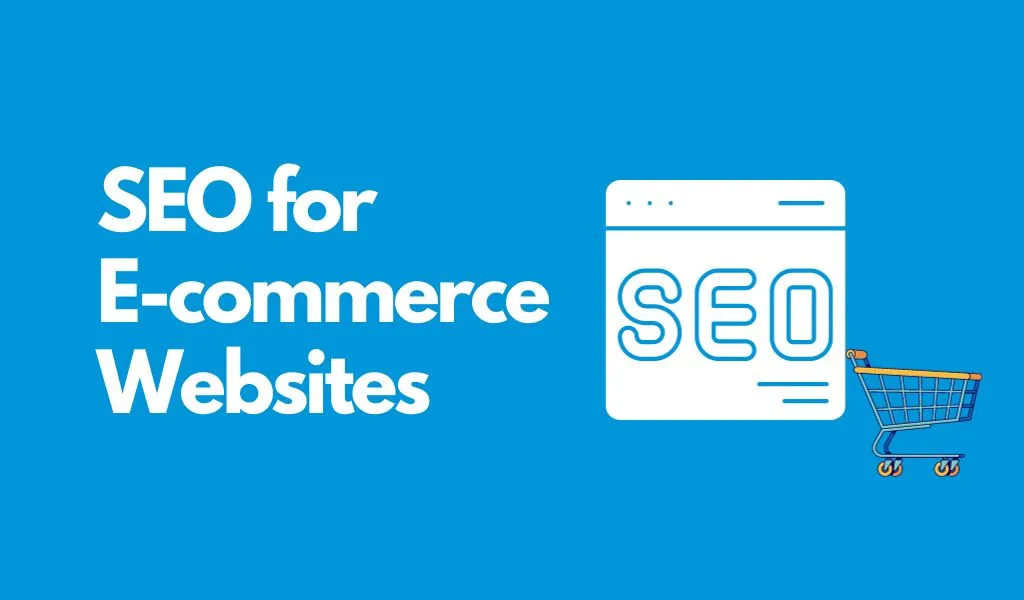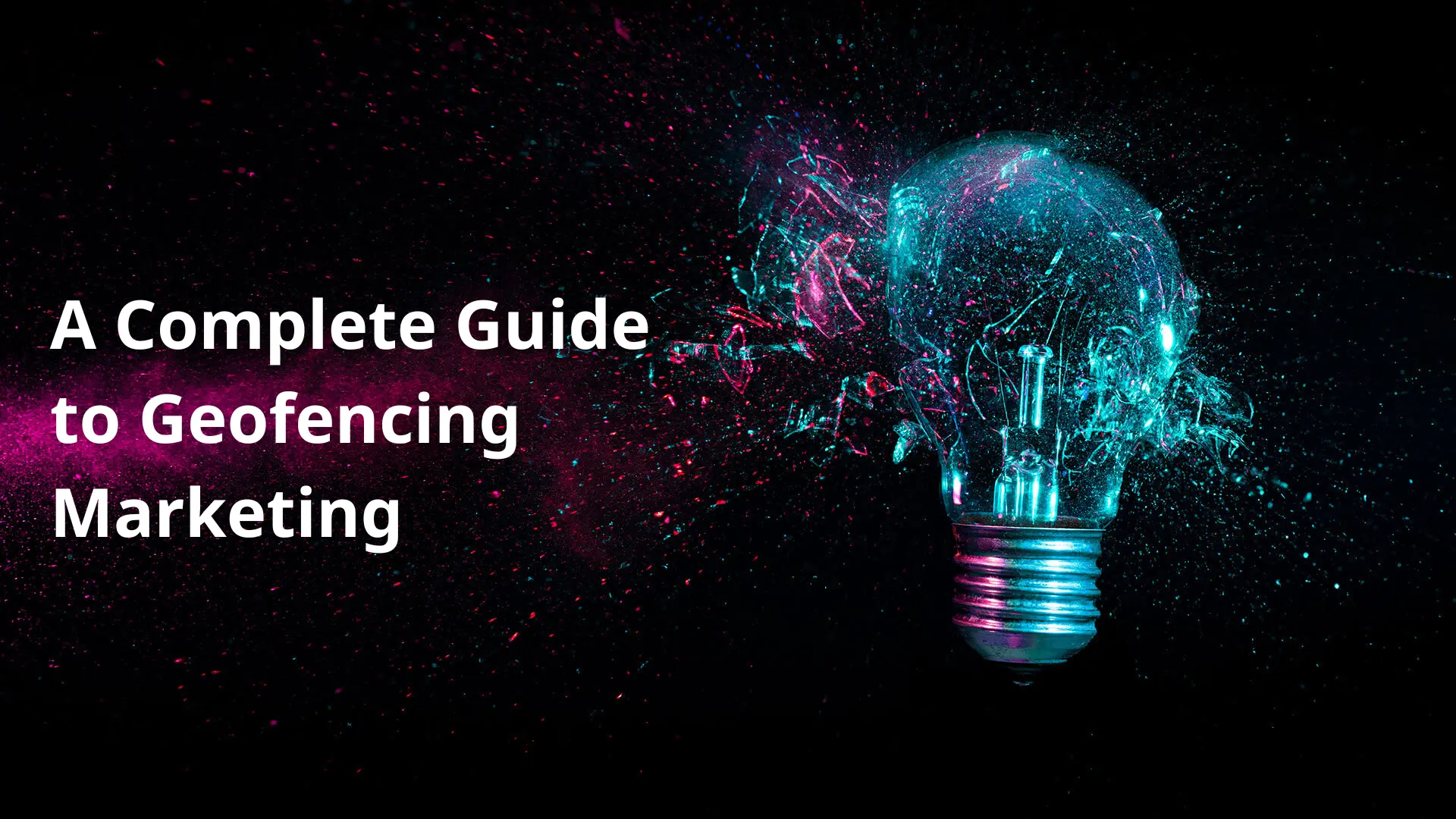- 9% of B2B marketers say improved SEO techniques are the biggest factor driving lead generation growth.
- 70% of marketers consider SEO to be more effective than PPC campaigns.
- SEO leads have a 14.6% close rate, compared to 1.7% for outbound advertising techniques like print media.
Search Engine Optimization (SEO) is a dynamic and integral component of digital marketing, encompassing a range of strategies and techniques designed to enhance a website’s visibility on search engines.
SEO is the art and science of optimizing web content to align with the algorithms used by search engines, ensuring that a website ranks higher in search results for relevant queries.
SEO involves a comprehensive understanding of how search engines work, the keywords users employ in their searches, and the factors that influence a website’s credibility and relevance in the eyes of search engines.
By strategically implementing SEO practices, website owners aim to drive organic traffic, increase visibility, and ultimately improve their online presence’s overall performance and success.
Here are some search engine optimization stats.
- 68% of online experiences begin with a search engine.
- 53.3% of all website traffic comes from organic searches.
- Google (+ Google Images) holds 92.58% of the total search engine market share.
- 61% of B2B marketers say SEO and organic traffic generate more leads than any other marketing initiative.
Importance Of SEO For Websites
In an era where online competition is fierce, and attention spans are limited, the importance of SEO cannot be overstated. Here are some key reasons why SEO is crucial for websites:
| Benefit | Explanation |
| Visibility And Traffic | SEO is the gateway to improved visibility on search engine results pages (SERPs). Websites with higher search rankings are more likely to attract clicks and, consequently, a more significant influx of organic traffic. |
| Credibility And Trust | Users often associate higher search rankings with credibility. A website consistently appearing at the top of search results is perceived as more trustworthy and authoritative in its industry. |
| User Experience | SEO is not solely about pleasing search engines; it’s also about enhancing the overall user experience. By optimizing for search, websites tend to improve their usability, accessibility, and overall visitor satisfaction. |
| Cost-Effectiveness | Compared to paid advertising, SEO offers a cost-effective way to attract organic traffic. While paid methods can provide immediate results, a well-executed SEO strategy builds sustainable, long-term success. |
The top result gets nearly 40% of the clicks, while the second and third results get only 18.7% and 10.2% respectively. Less than 1% of searchers even click on the second page of results!
Now that you are familiar with what SEO is and how important it is for your websites, let’s discuss its types.
On-Page SEO
While longer content tends to perform better, the ideal length varies. Backlinko reports an average of 1,890 words for Google’s top-ranking pages, while Ahrefs finds 1,447 words. However, quality and relevance always trump pure word count.
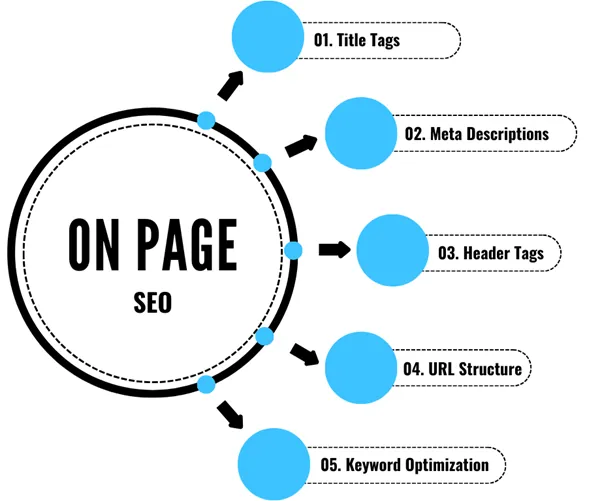
On-page SEO refers to optimizing individual web pages to improve their visibility and relevance for specific target keywords. It involves optimizing various elements directly on the webpage to enhance its appeal to both search engines and human visitors.
The primary purpose of on-page SEO is to create a seamless, user-friendly experience while signaling to search engines that the content is valuable and relevant.
Effective on-page optimization contributes significantly to a webpage’s search engine ranking, making it more likely to be displayed prominently in search results. This, in turn, increases the likelihood of attracting organic traffic from users actively seeking information, products, or services related to the content on that page.
- Top ranking pages target an average of 5.1 keywords. Focus on relevant keywords with high search volume but moderate competition.
Some key on-page SEO elements include the following:
Title Tags
Title tags are HTML elements that define the title of a webpage. They serve as a concise and accurate description of the content on the page. Including relevant keywords in the title tag is crucial for search engines to understand the topic and context of the page.
7.4% of top-ranking pages lack title tags, and Google rewrites 33.4% due to length or lack of relevance. Ensure clear and concise title tags containing your primary keyword.
Meta Descriptions
Meta descriptions are summaries that preview the webpage’s content. While search engines may not directly use meta descriptions for ranking, they play a vital role in encouraging users to click through to the page. Crafting compelling meta descriptions can improve click-through rates.
25.02% of top pages lack meta descriptions, though their impact on ranking is debated. Use compelling descriptions with secondary keywords.
Header Tags
Header tags (H1, H2, H3, etc.) structure the content on a webpage, making it easier for both users and search engines to understand the hierarchy and importance of different sections. The H1 tag typically represents the main heading, while subsequent tags indicate subheadings.
URL Structure
A clean and well-structured URL is beneficial for both users and search engines. Including relevant keywords in the URL and maintaining a logical hierarchy improves the page’s chances of ranking for those keywords.
Keyword Optimization
Strategic placement of keywords throughout the content is a fundamental aspect of on-page SEO. This involves naturally incorporating target keywords in the page’s headings, paragraphs, and other relevant areas. However, avoiding keyword stuffing is crucial, as search engines prioritize content that reads naturally.
- 95% of keywords are searched fewer than 10 times monthly.
- 0.001% of keywords get more than 100,000 searches per month.
- 15% of all search queries have never been searched before.
- 8% of searches are phrased as questions.
Importance Of Quality Content In On-Page SEO
While optimizing technical elements is essential, the heart of on-page SEO lies in creating high-quality, valuable content. Search engines prioritize content that meets user intent and provides a positive user experience, particularly in recent algorithm updates. Here’s why quality content is integral to on-page SEO:
- Relevance and Value: Content that is relevant, informative, and engaging contributes to a positive user experience. Search engines aim to deliver results that align with user intent, and quality content is critical to meeting those expectations.
- User Engagement: Pages with compelling content tend to have higher user engagement metrics, such as more extended time on the page and lower bounce rates. These factors signal to search engines that the content is valuable and satisfies user queries.
- Link-Worthy: Quality content is more likely to attract organic backlinks from other websites. Backlinks are a crucial off-page SEO factor and contribute to a webpage’s authority and trustworthiness in the eyes of search engines.
The average page ranking on the first page of Google is over 2 years old.
Longer content (over 2500 words) tends to rank higher in search results.
Off-Page SEO
Off-page SEO is a set of strategies and activities undertaken outside a website to enhance its online visibility and reputation. Unlike on-page SEO, which focuses on optimizing elements within a webpage, off-page SEO involves efforts that extend beyond the website itself.
Off-page SEO is about building a positive online reputation and signaling to search engines that a website is a valuable resource within its industry or niche.
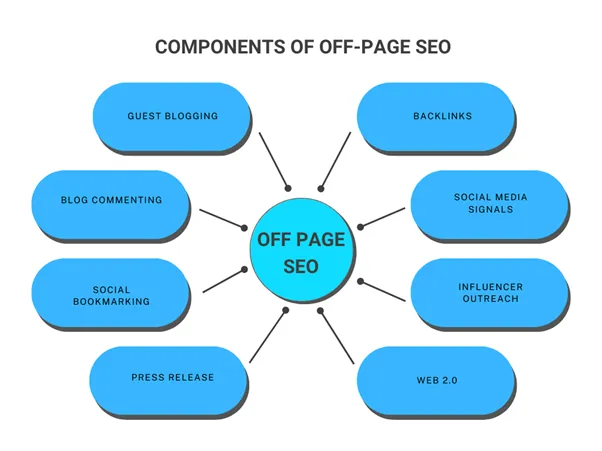
Here are some of the most used SEO techniques nowadays.
Backlink Building
Backlinks, or inbound links, are links from external websites that point to your site. Search engines view backlinks as a vote of confidence and authority. Quality backlinks from reputable and relevant sources can significantly impact a website’s search rankings.
Social Media Signals
Social media signals refer to the impact of social media activity on a website’s visibility. While social movements may not directly influence search rankings, a solid social media presence can contribute to increased brand awareness, engagement, and the likelihood of shared content, all of which indirectly benefit SEO.
Influencer Outreach
Collaborating with influencers in your industry can amplify your content’s reach and build valuable connections. When influencers share or link to your content, it exposes your brand to a broader audience and enhances your website’s authority.
Online Reputation Management
Online reputation management involves monitoring and influencing how a brand is perceived online. Positive reviews, mentions, and a generally favorable online reputation contribute to trustworthiness in the eyes of both users and search engines. Managing online reviews and addressing any negative feedback is crucial for off-page SEO.
The Impact Of Off-Page SEO On Search Rankings
The influence of off-page SEO on search rankings is profound, and several factors highlight its impact:
Authority And Trust
Search engines consider the authority and trustworthiness of a website when determining its ranking. Quality backlinks from reputable sources contribute significantly to establishing a website’s authority, signaling to search engines that the content is reliable and valuable.
Link Building As A Ranking Factor
Backlinks is one of the most influential ranking factors for search engines. The quality, relevance, and quantity of backlinks can directly impact a website’s position in search results. However, it’s essential to prioritize natural and organic link-building over manipulative practices to avoid penalties.
Social Signals And Brand Awareness:
While social signals may not directly affect search rankings, a solid social media presence contributes to brand awareness and engagement. Increased visibility on social platforms can drive traffic, enhance brand reputation, and indirectly impact search performance.
Online Reputation And Click-Through Rates
A positive online reputation, achieved through effective online reputation management, can positively influence click-through rates from search results. Users are likelier to click on a link with a reputable and trustworthy online presence.
The #1 result in organic search is 10x more likely to get a click than the 10th result.
Technical SEO
Technical SEO involves optimizing the technical aspects of a website to improve its visibility and performance in search engines. While on-page SEO focuses on content and relevance, technical SEO concerns the infrastructure and backend elements that impact how search engines crawl, index, and rank a site. The primary role of technical SEO is to ensure that a website is not only accessible to search engines but also provides a seamless and efficient user experience.
The most essential components of technical SEO are listed below.
Website Speed And Performance
Website speed is a critical factor in both user experience and search rankings. Search engines prioritize delivering fast and efficient results to users. Slow-loading pages can lead to higher bounce rates and lower orders. To enhance website speed, technical SEO optimizes elements like image sizes, server response times, and browser caching.
- A one-second delay in page load time can decrease conversions by 7%.
- Average page load time for top-ranking pages is 2.3 seconds.
Mobile Optimization
With the increasing use of mobile devices, search engines prioritize mobile-friendly websites. Mobile optimization ensures a website is accessible and functions well on various devices, including smartphones and tablets. Responsive design and mobile-friendly configurations contribute to a positive user experience and can impact search rankings, especially in mobile search results.
- Google holds a 93.87% share of the mobile search engine market.
- 53.7% of all website traffic comes from mobile devices.
Indexing And Crawlability
Search engines use crawlers to navigate and index web pages. Technical SEO ensures that search engine crawlers can access and index all relevant pages on a website. This involves creating a clear and logical site structure, using robots.txt files to guide crawlers, and addressing issues like duplicate content and URL parameters that may hinder proper indexing.
XML Sitemaps
XML sitemaps provide search engines with a roadmap of a website’s structure, making it easier for crawlers to understand content organization. Including an XML sitemap in a website’s backend helps search engines discover and index pages more efficiently. It is particularly beneficial for large websites with complex structures.
SSL Security
SSL (Secure Socket Layer) security is a crucial technical aspect that encrypts data between a user’s browser and the website’s server. Search engines prioritize secure websites, and having an SSL certificate is a ranking factor. Beyond SEO, SSL security builds trust with users by safeguarding their information, such as login credentials and personal details.
How Technical SEO Enhances User Experience
Here is how technical SEO can help create a better user experience.
Faster Loading Times
Improved website speed directly enhances user experience. Fast-loading pages reduce bounce rates and keep users engaged. Technical SEO optimizations, such as compressing images and optimizing code, contribute to faster loading times, creating a positive impression on visitors.
Mobile Friendliness
Mobile optimization ensures that users accessing the site from smartphones or tablets have a seamless and enjoyable experience. This meets mobile users’ expectations and aligns with search engine preferences, as Google, for example, prioritizes mobile-friendly websites in its mobile search results.
Smooth Navigation And Accessibility
A well-optimized site structure, guided by technical SEO practices, results in smooth navigation for users. Clear pathways to content, proper use of header tags, and eliminating crawl issues contribute to a website that is easy to navigate, enhancing the overall user experience.
Secure Browsing Experience
SSL security not only protects user data, but also instills trust. Websites with HTTPS provide a secure browsing experience, assuring users that their information is encrypted and protected. This sense of security positively influences user confidence and engagement.
| Aspect | On-Page SEO | Off-Page SEO | Technical SEO |
| Focus | Optimization of individual web pages for search engines | Activities performed outside the website to improve SEO | Enhancing the technical aspects of the website |
| Examples | – Keyword optimization | – Link building | – Website speed optimization |
| Content | Content quality and relevance | Backlinks and social signals | Website structure, XML sitemaps, and mobile-friendliness |
| Keywords | Keyword research, placement, and density | Anchor text optimization, brand mentions | URL structure, keyword usage in meta tags |
| User Experience | Improving navigation, readability, and overall UX | – | Ensuring website functionality, mobile responsiveness |
| Meta Tags | Optimizing title tags, meta descriptions, and headers | – | Ensuring accurate and relevant meta information |
| Content Structure | Proper use of headings (H1, H2, etc.), bullet points | – | Structuring content for both users and search engines |
| Internal Linking | Creating a logical link structure within the website | – | Ensuring a proper internal linking strategy |
| External Linking | Relevant outbound links to authoritative sources | Obtaining quality backlinks from reputable websites | – |
| Social Signals | Social media integration and engagement | Social media shares and mentions | – |
| Local SEO | – | Local business directories, reviews, and citations | – |
| Link Quality | – | High-quality and relevant backlinks | – |
| Authority Building | Establishing website authority through quality content | Building domain authority through backlinks | – |
| Analytics and Monitoring | Tracking on-page performance through analytics tools | Monitoring backlink profiles, social media mentions | Regularly auditing and monitoring technical aspects |
| Penalty Risks | Keyword stuffing, duplicate content, poor user experience | Unnatural link building, low-quality backlinks | Technical issues, slow page speed, mobile-friendliness |
Tips For Creating A Comprehensive SEO Strategy
- Conduct a thorough website audit
- Define clear goals and objectives
- Perform keyword research and optimise content
- Build high quality backlinks
- Prioritize technical optimisation
- Regularly monitor and adapt
Create an SEO strategy that will help you in enhancing your website’s visibility with the help of these effective tips and tricks.
Tip 1: Conduct A Thorough Website Audit
Start by evaluating the current state of your website’s on-page, off-page, and technical elements. Identify areas for improvement, such as keyword optimization, backlink quality, and technical issues.
Tip 2: Define Clear Goals And Objectives
Establish specific and measurable goals for your SEO strategy. Whether it’s improving search rankings, increasing organic traffic, or enhancing online reputation, clear objectives guide your efforts across on-page, off-page, and technical dimensions.
Tip 3: Keyword Research And Content Optimization
Conduct comprehensive keyword research to inform your on-page SEO efforts. Optimize content with relevant keywords, engaging headlines, and compelling meta descriptions. This not only caters to search engine algorithms but also enhances user experience.
Whenever you start typing something into Google, you get a bunch of search suggestions:
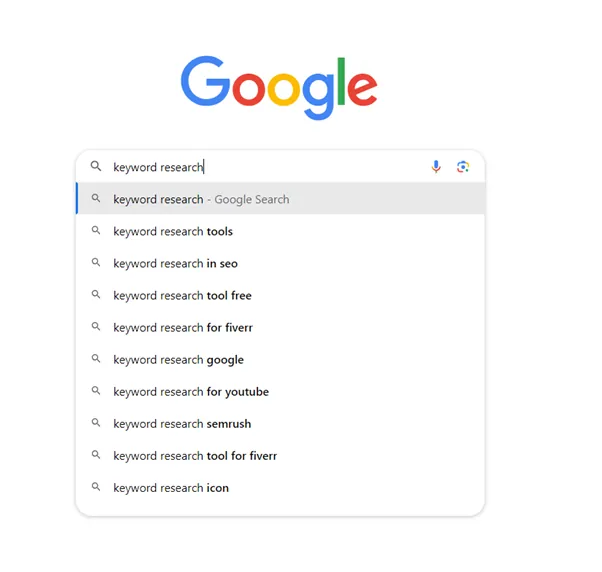
Tip 4: Build High-Quality Backlinks
Develop a strategic approach to off-page SEO by building high-quality backlinks from authoritative and relevant sources. Guest posting, influencer collaborations, and content promotion effectively earn valuable backlinks.
Fact: 95% of pages have zero backlinks.
Tip 5: Prioritize Technical Optimization
Ensure that your website is technically sound by addressing issues related to site speed, mobile optimization, crawlability, and security. A technically optimized website not only pleases search engines but also provides a seamless experience for users.
Tip 6: Regularly Monitor And Adapt
SEO is dynamic, with search engine algorithms evolving regularly. Stay informed about industry trends, algorithm updates, and user behavior. Regularly monitor key performance indicators (KPIs) using SEO reporting software and adapt your strategy to maintain relevance and effectiveness.
Recent Posts

Find Out How SplashSol Can Help Your Business Succeed Online

